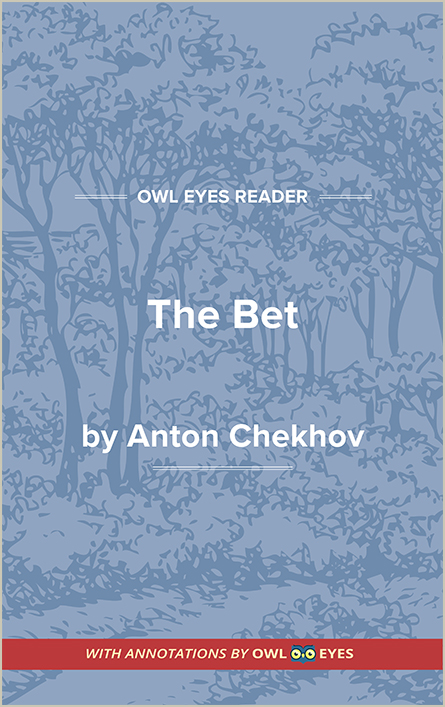The term “capital punishment” refers to the legally permitted, state-endorsed practice of killing someone as punishment for a crime. Throughout its history, Russia has had a complicated relationship with capital punishment. Historians date the first documented act of capital punishment to 1398. From then on—during the reigns of Ivan the Terrible in the 16th century and Peter the Great in the late 17th and early 18th centuries—capital punishment was used extensively to punish criminals for a variety of illegal acts. Peter the Great’s daughter, the Russian Empress Elizabeth, disapproved of the practice and abolished it in 1754. Later however, the abolishment was appealed and the death penalty continued well into the 20th century. Following the 1917 Russian Revolution in the Soviet Union, shooting criminals was common practice. In 1996, President Boris Yeltsin established a moratorium and in 1999 the Constitutional Court of Russia reaffirmed the moratorium. The last execution in the Russian Federation occurred in 1999 in the Chechen Republic. Currently, capital punishment in Russia is forbidden.

